GOOD SCIENCE IS NOT A LINEAR BUT AN ITERATIVE PROCESS. HYPOTHESIZE, TEST, RETEST. EXPERIMENT, VERIFY, REVERIFY. BY ACCESSING CUTTING EDGE SCIENCE FROM ELITE INSTITUTIONS AND TOP GLOBAL RESEARCHERS, WE CAN APPLY THE BEST FORMULAS TO OUR PRODUCTS. ONLY THE BEST, WELL-STUDIED INGREDIENTS, BACKED BY PEER-REVIEWED MEDICAL EVIDENCE ARE CONSIDERED FOR OUR PRODUCTS.
When we find something exceptional, we use an iterative process to cross check with other alternative methods to reach the most beneficial results. Even the smallest adjustment is taken into consideration when designing the very best products.
HEBE Life is developing a wide range of specialty products that can help our clients to achieve a healthier body and to obtain performance at an ever more sophisticated level. At HEBE Life we rely on studies done in vivo, as well as clinical studies, that support the effect of each active ingredient used in our products.
We are always happy to share materials, claims and publications with professionals and business operators. This includes providing access to peer-reviewed references and publications for educational purposes only. None of these claims should be considered as medical advice or used in place of instructions from a medical professional.
Note: please note that by clicking “Read more”, you will be leaving the HEBE For Life website. HEBE LIFE is not responsible for content published by third parties.
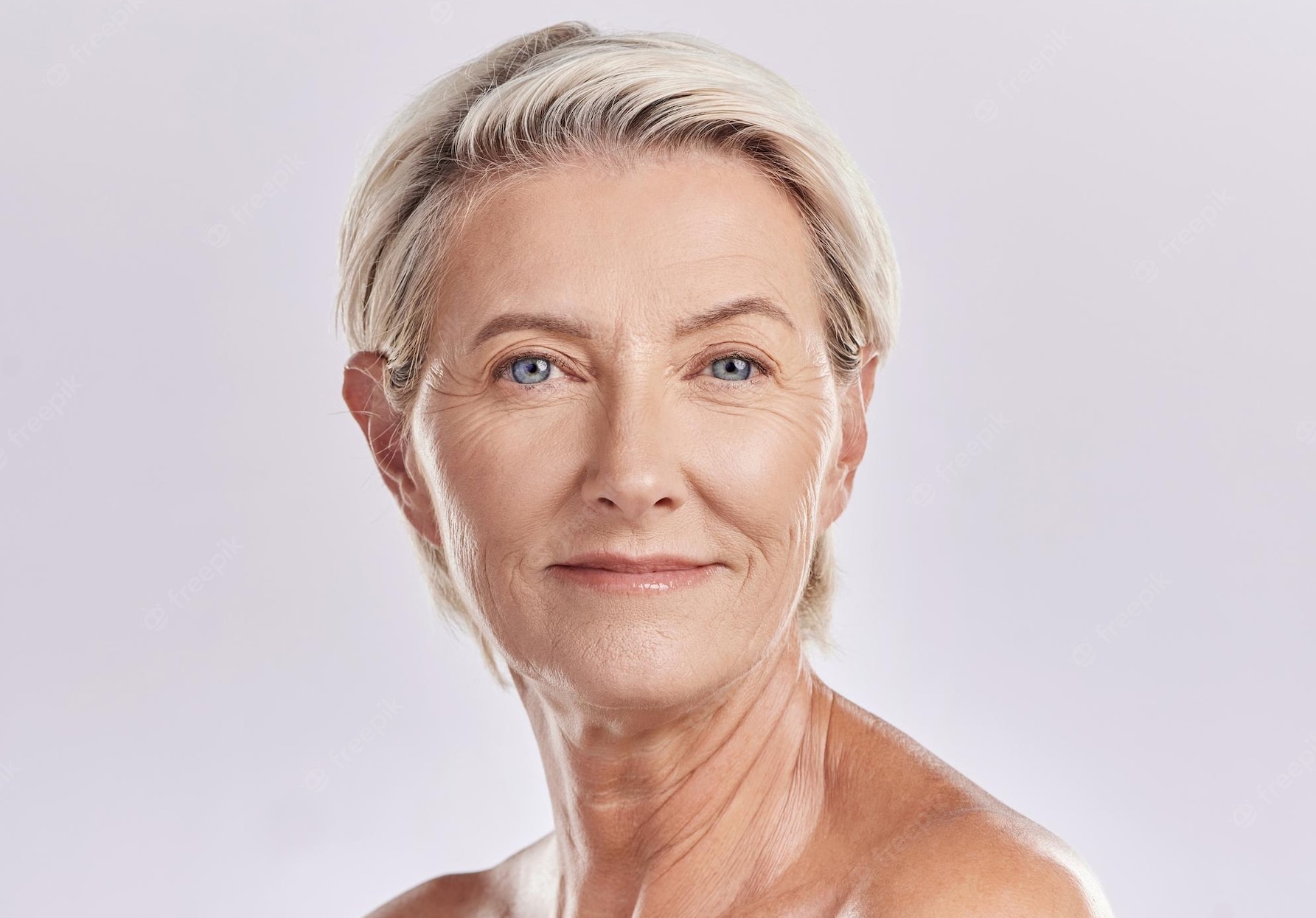
In a human clinical trial based on a gold standard study design, we show that daily oral supplementation of purified wheat glucosylceramides and DGDG induced a strong and highly significant improvement in skin hydration markers compared to placebo, after only 15 days and beyond.

Various dietary supplements are claimed to have cutaneous anti-aging properties; however, there are a limited number of research studies supporting these claims. This research studied the effectiveness of collagen hydrolysate composed of specific collagen peptides on skin biophysical parameters related to cutaneous aging.

Oral Supplementation with Specific Bioactive Collagen Peptides Improves Nail Growth and Reduces Symptoms of Brittle. This study demonstrated that the daily ingestion of BCP increased nail growth and improved brittle nails in conjunction with a notable decrease in the frequency of broken nails.
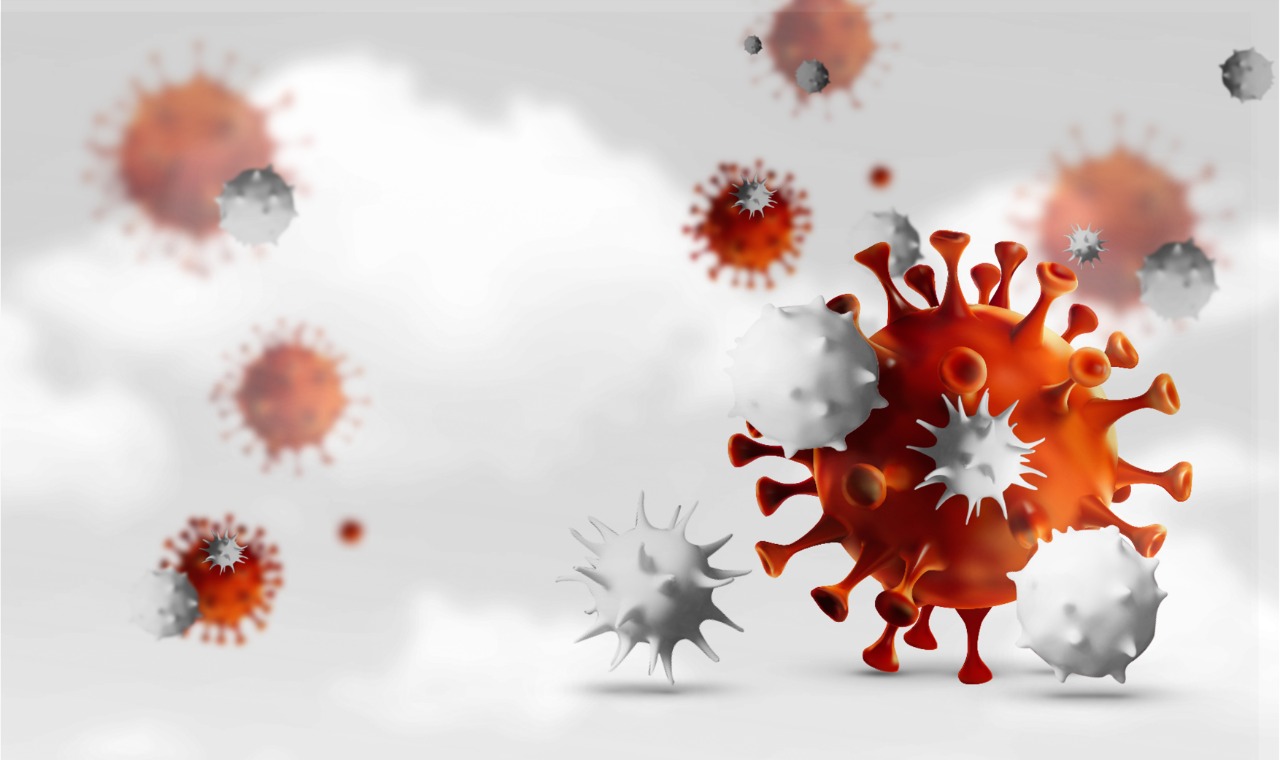
Natural astaxanthin “ASX” is a multi‐target agent which employs several mechanisms to apply potential anti‐inflammatory effects. This recent article highlights natural astaxanthin, COVID‐19 and immune response. Focusing on oxidative stress, apoptosis and autophagy.
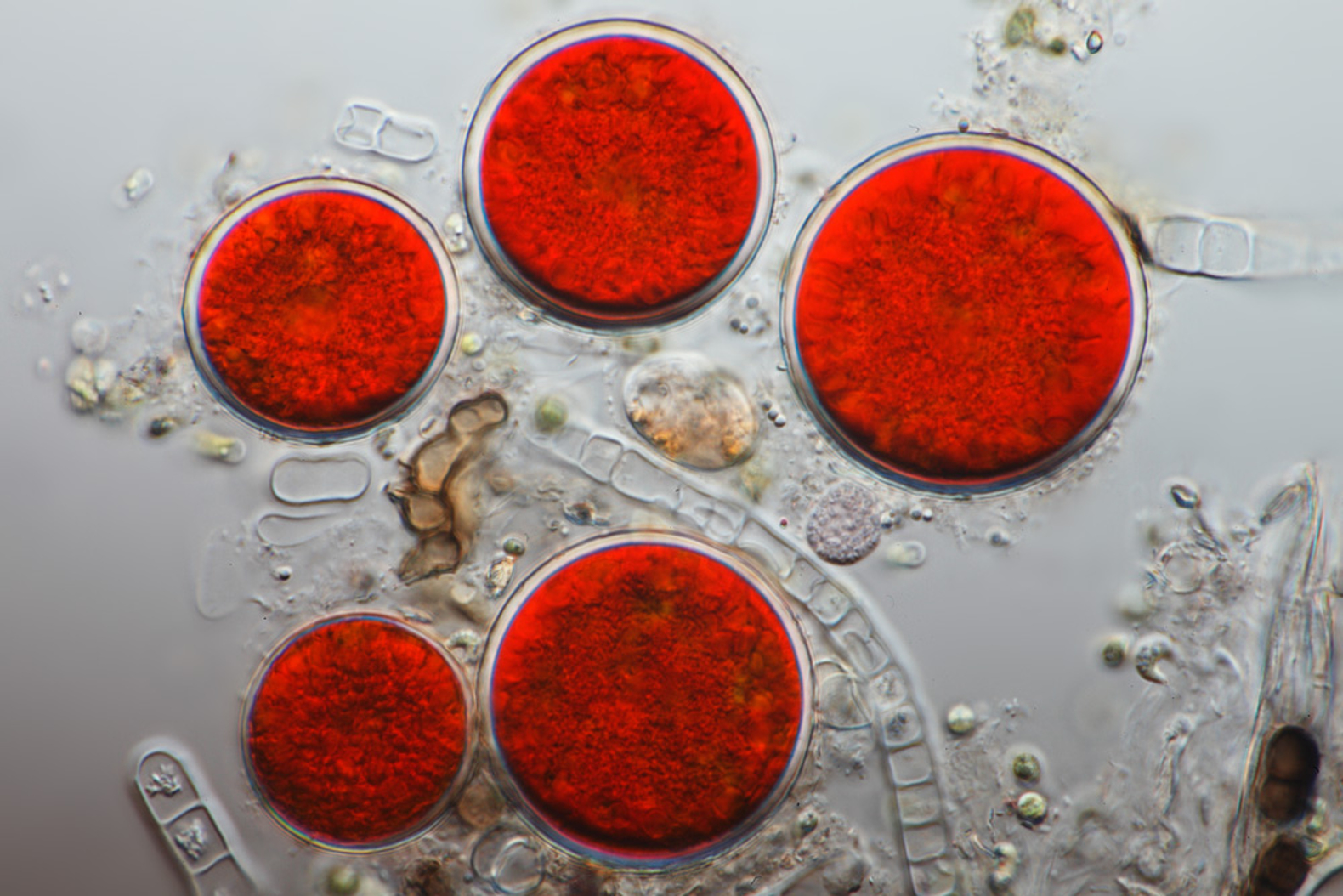
ASX is shown to prevent against oxidative damage and attenuate exacerbation of the inflammatory responses. These evidences provide a rationale for considering natural ASX as a therapeutic agent against inflammatory cytokine storm and associated risks in COVID-19 infection.
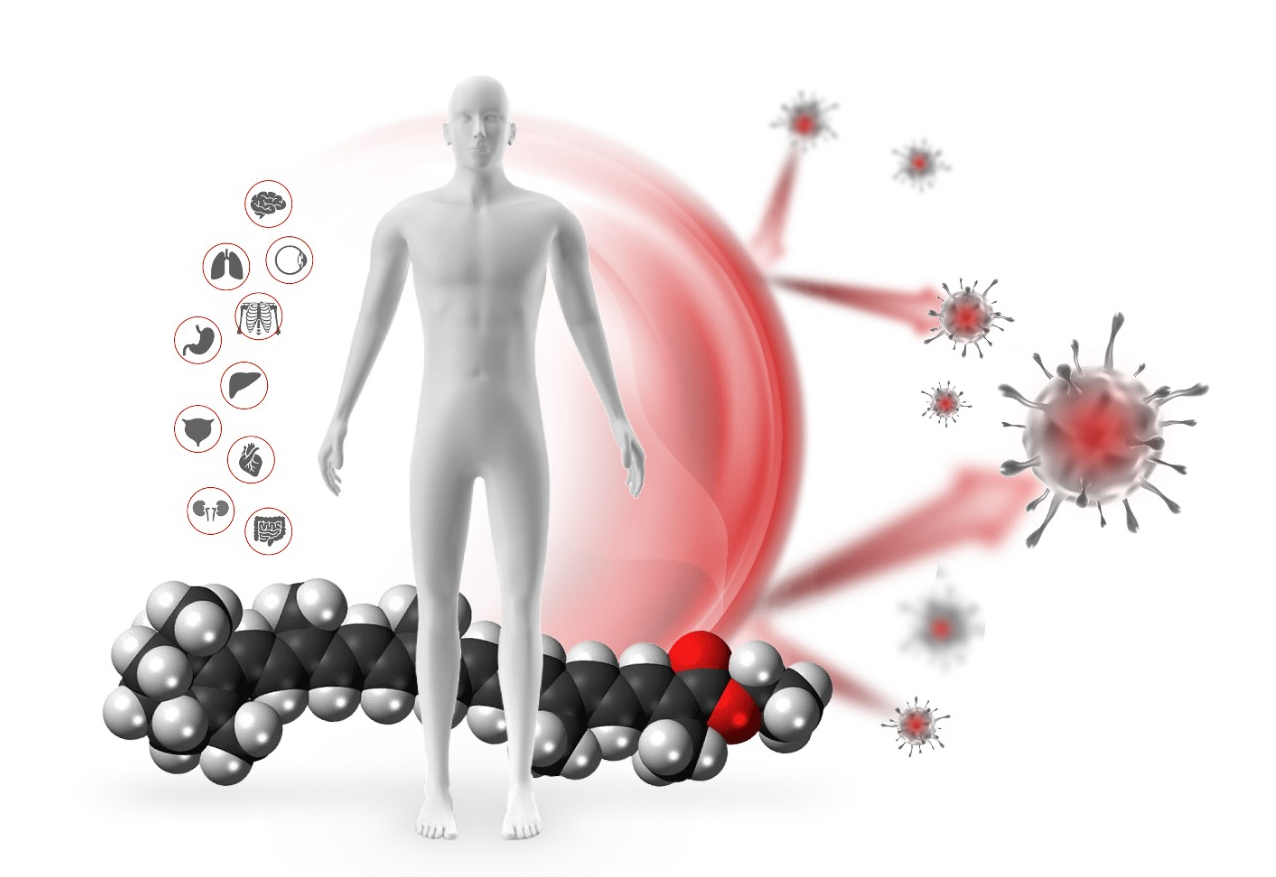
This study identifies the effects of astaxanthin (ASX) on the regulation of COX-2 pathways, suppression of cytokines and other inflammatory agents, positioning natural ASX as an excellent preference to minimise inflammation and its consequences.

Natural astaxanthin “ASX” is a multi‐target agent which employs several mechanisms to apply potential anti‐inflammatory effects. This recent article highlights natural astaxanthin, COVID‐19 and immune response. Focusing on oxidative stress, apoptosis and autophagy.

ASX is shown to prevent against oxidative damage and attenuate exacerbation of the inflammatory responses. These evidences provide a rationale for considering natural ASX as a therapeutic agent against inflammatory cytokine storm and associated risks in COVID-19 infection.

This study identifies the effects of astaxanthin (ASX) on the regulation of COX-2 pathways, suppression of cytokines and other inflammatory agents, positioning natural ASX as an excellent preference to minimise inflammation and its consequences.
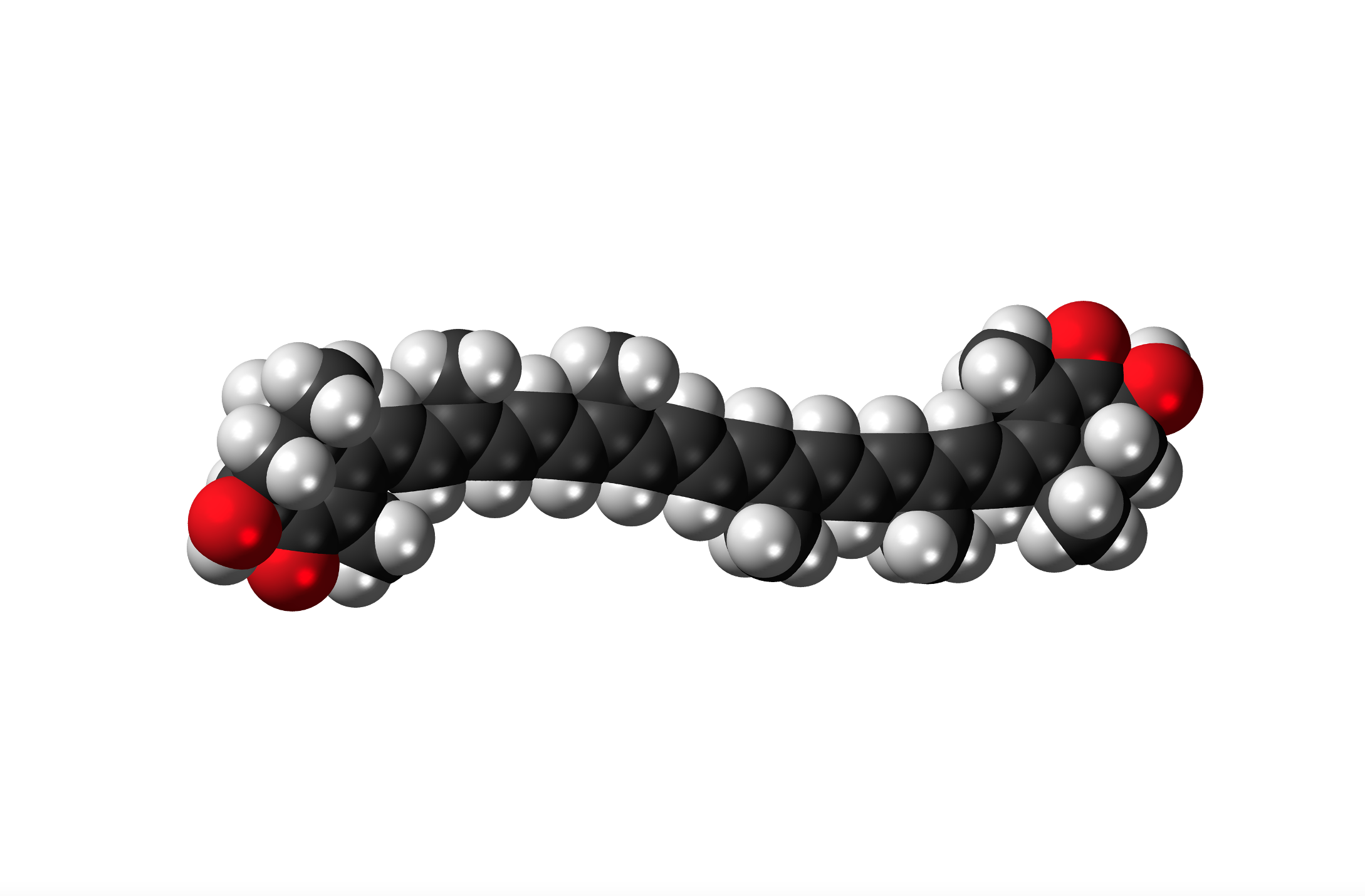
Natural ASX, a xanthophyll carotenoid, is the most abundant carotenoid in marine organisms and is one of the most powerful natural compounds with remarkable antioxidant activity. This study summarise its antioxidant targets, effects, and benefits in diseases and with ageing.

This study examines the relationship between antioxidant supplement use and risk of Alzheimer disease. The use of vitamin E and C in combination is associated with reduced prevalence and incidence of AD. Antioxidant supplements merit further study as agents for the primary prevention of AD.
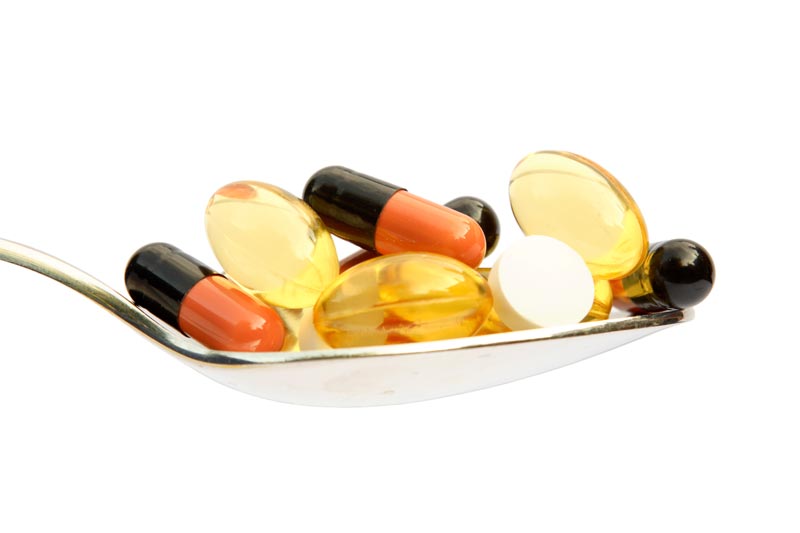
The purpose of this review is to discuss two antioxidant nutrients, vitamins C and E, as well as to describe the mechanisms that make them necessary for humans and the evidence for their potential benefits when consumed in amounts greater than required, for example as dietary supplements.
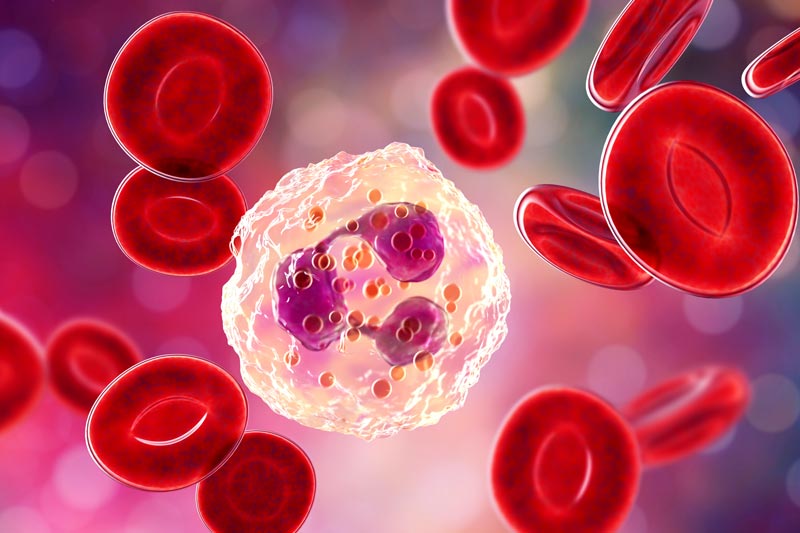
ASX modulates immune response, inhibits cancer cell growth, reduces bacterial load and gastric inflammation, and protects against UVA-induced oxidative stress in in vitro and rodent models.

In this study tried to confirm the effect of an ASX-rich Haematococcus pluvialis extract on cognitive function in 96 subjects by a randomised double-blind placebo-controlled study.
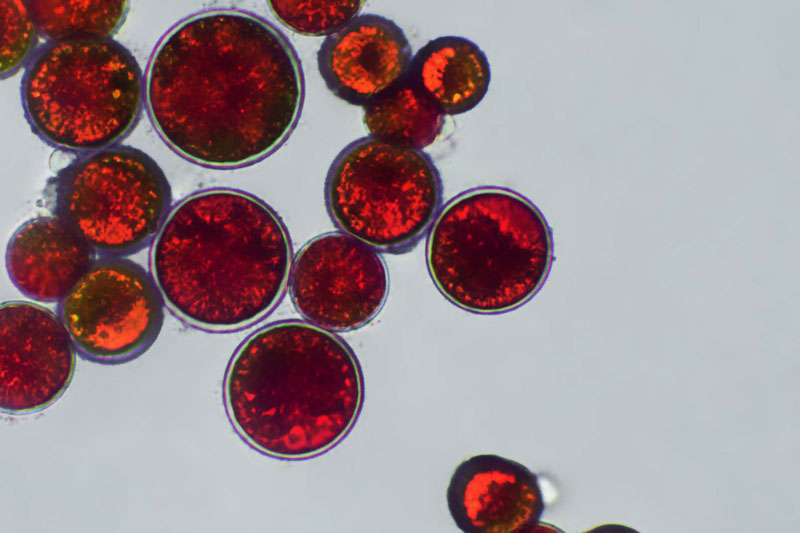
ASX is a novel carotenoid nutraceutical occurring in many crustaceans and red yeasts. It has potent antioxidant, photoprotective, hepatodetoxicant, and anti-inflammatory activities.

ASX, canthaxanthin and beta-carotene differently affect UVA-induced oxidative damage and expression of oxidative stress-responsive enzymes
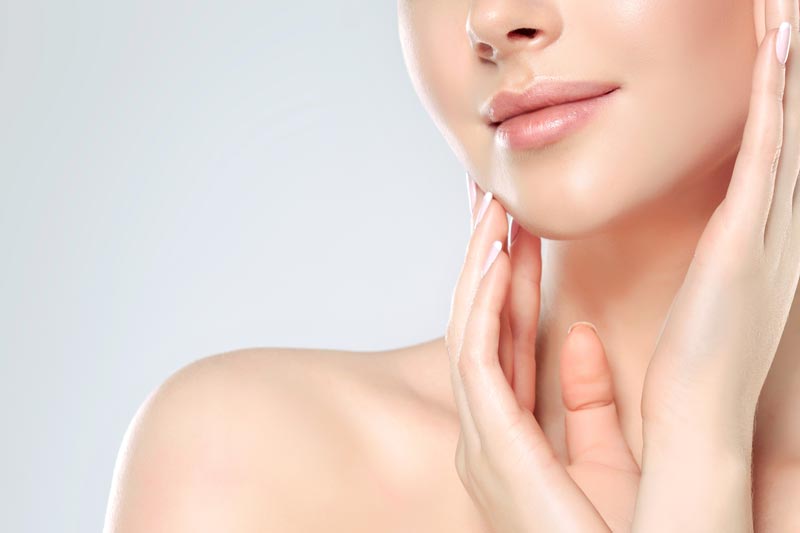
This paper provides patch testing, skin repeated application test, and a pilot study evaluating the ASX wrinkle reduction effect on human skin.

This paper is the first review of its kind and offers greater insight into squalene’s direct or indirect contribution to disease management and therapy.
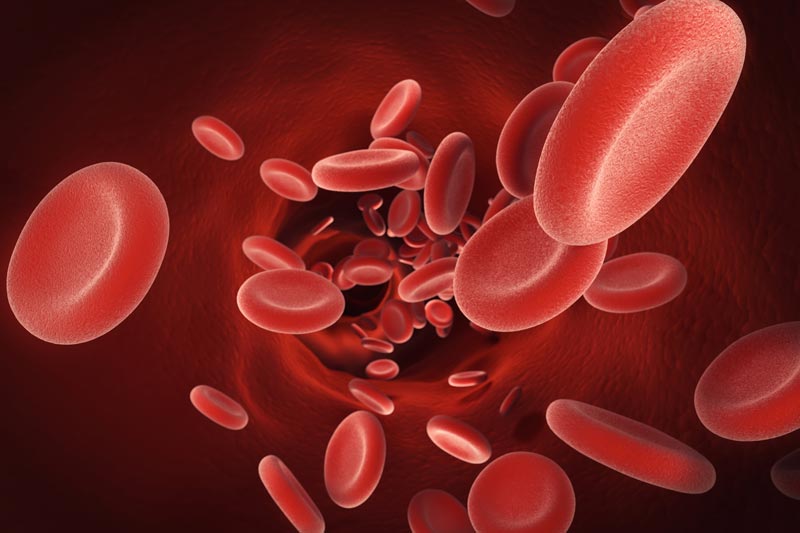
The aim of the present review is to emphasize the importance of squalene, a nutrient, in preventive and therapeutic medicine. Squalene has been reported to have an inhibitory effect on cancer promotion and a high anti-tumor activity; thus, it is primarily used as a supportive therapy in a variety of cancers.
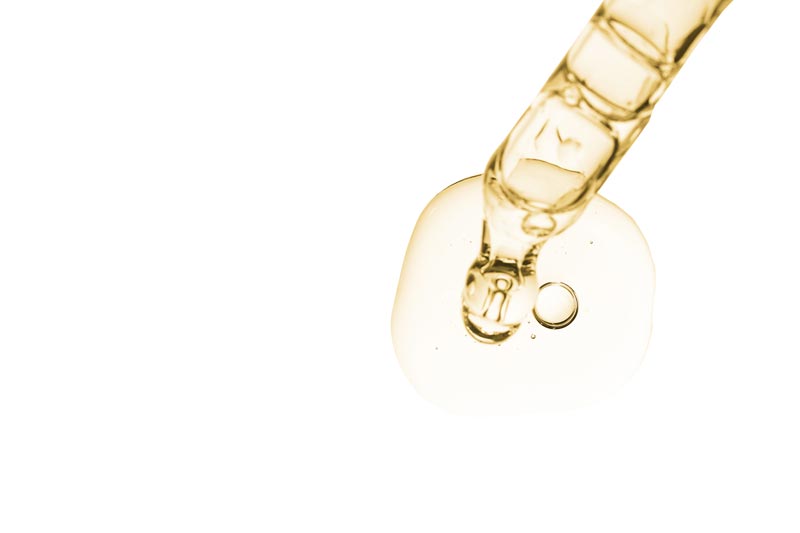
Squalene is a natural dehydrotriterpenic hydrocarbon with six double bonds, known as an intermediate in the biosynthesis of phytosterol or cholesterol in plants or animals. We have briefly reviewed the natural sources for squalene. Some of its applications in different fields of human activity are also mentioned.

This book discusses in detail the role of vitamin C, vitamin E, selenium, and the carotenoids in human physiology and health. For each nutrient the committee presents what is known about how it functions in the human body, which factors may affect how it works, and how the nutrient may be related to chronic disease.
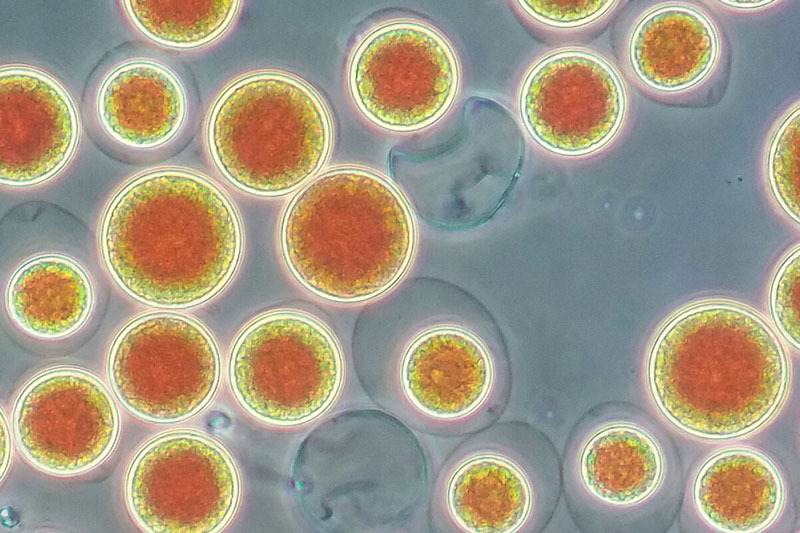
This study examines the mechanisms of the enhancing action of carotenoids on specific Ab production in vitro in relation to different antigen stimuli, cytokine production, and T- and B-cell interactions in both normal and autoimmune strains of mice.

ASX and beta-carotene may enhance the actions of both Th1 and Th2 cells for humoral immune responses with suboptimal Ag challenges; certain carotenoids may help maintain Ag-mediated immune responses at optimal levels.
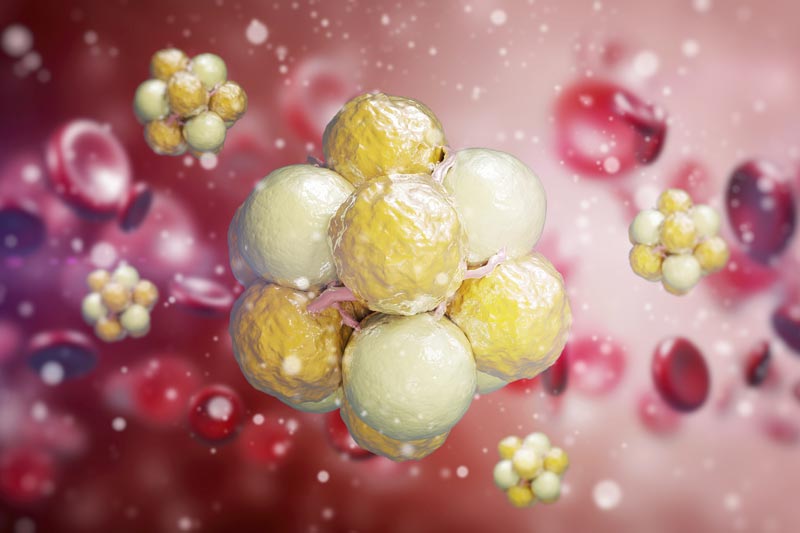
A double‐blind, placebo‐controlled study was conducted to compare the efficacy and safety of low‐dose pravastatin and squalene, either alone or in combination therapy, with placebo in the treatment of elderly patients with hypercholesterolemia.
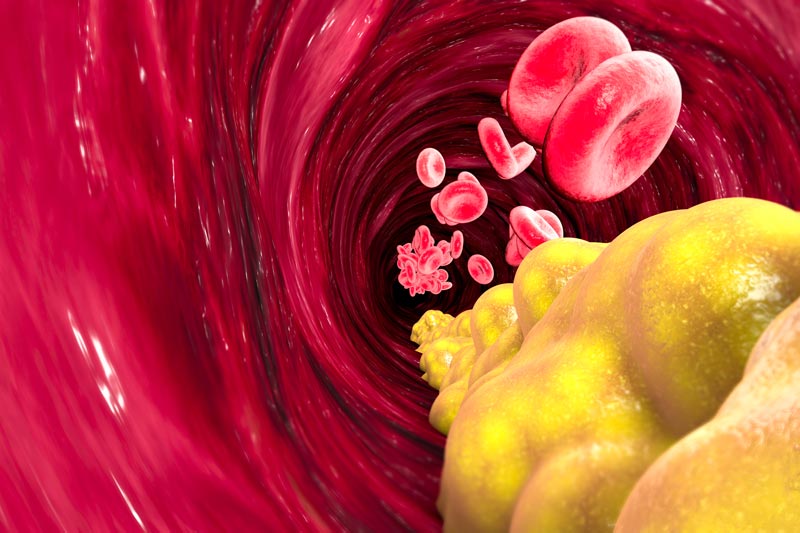
This first-ever randomized, placebo-controlled human study suggests that ASX consumption ameliorates triglyceride and HDL-cholesterol in correlation with increased adiponectin in humans.

This study examined the effect of ASX on substrate metabolism and cycling time trial performance by randomly assigning 21 competitive cyclists to 28 d of encapsulated ASX or placebo supplementation.
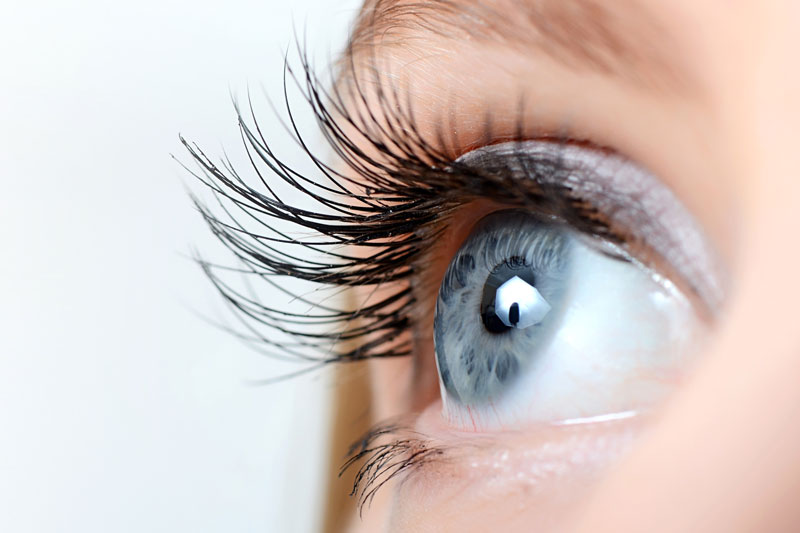
Eye fatigue or asthenopia is a common problem that occurs with the regular use of VDTs. Based on the current clinical evidence, ASX can reduce inflammation, improve accommodation and increase blood flow.
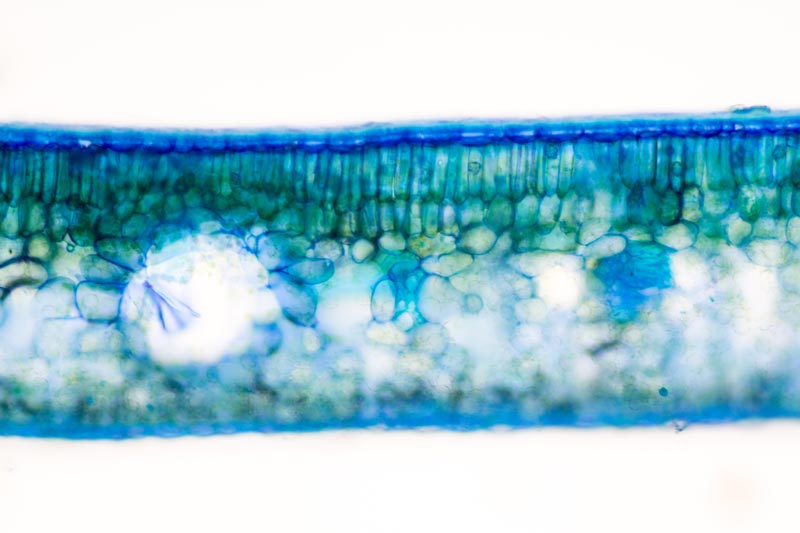
To evaluate the anti-inflammatory effect of ASX on skin deterioration, we confirmed its role in epidermal-dermal interactions in vitro. ASX treatment suppressed ultraviolet B (UVB)-induced inflammatory cytokine secretion in keratinocytes, and matrix metalloproteinase-1 secretion by fibroblasts cultured in UVB-irradiated keratinocyte medium.
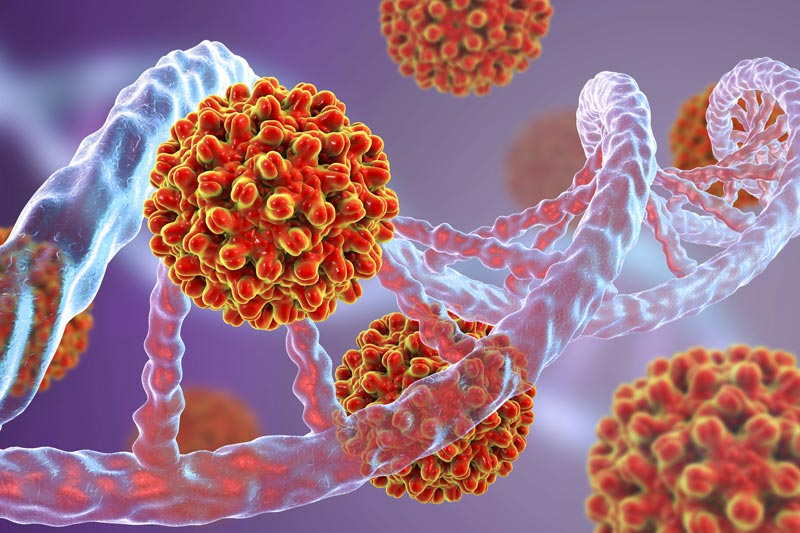
Squalene is an interesting natural biomolecule, with wide-range of applications in food and cosmetics industry and can play a key role in the prevention and management of various disorders. Current research has proved that squalene is a highly promising compound capable to offer immense functions in nutraceutical and pharmaceutical industries.
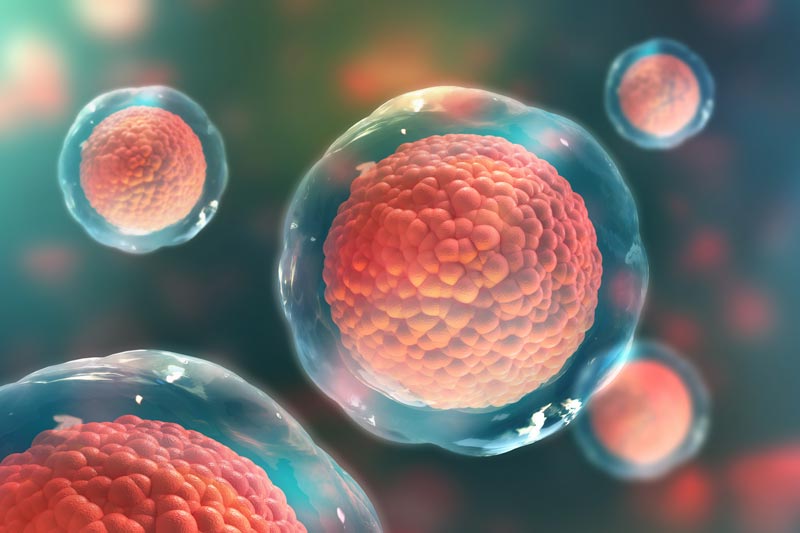
Natural astaxanthin (ASX) has been proven to exert neuroprotective property against glutamate-induced neurotoxicity and ischemia-reperfusion-induced apoptosis. This study suggested that natural ASX can induce HO-1 expression through activation of ERK signal pathways, thereby protecting the SH-SY5Y cells from induced oxidative cell death.

In this study, the effects of beta-carotene, a carotenoid with vitamin A activity, and lutein, another carotenoid without vitamin A activity, on in vitro Ab production were examined with spleen cells from young and old B6 mice. In addition, the in vivo effects of lutein, ASX, and beta-carotene on Ab production were studied in young and old B6 mice.

Phospholipid hydroperoxides accumulate abnormally in the erythrocytes of dementia patients, and dietary xanthophylls (such as ASX) are hypothesised to prevent the accumulation. This study assess the efficacy of 12-week ASX supplementation on both ASX and PLOOH levels in the erythrocytes of thirty middle-aged and senior subjects.

The physiologic stress induced by physical activity is reflected in immune system perturbations, oxidative stress, muscle injury, and inflammation. We investigated the effect of ASX supplementation on salivary IgA and oxidative stress status in plasma, along with changes in biochemical parameters and total/differential white cell counts.

Previous studies have reported that ASX has anti-oxidative and anti-inflammatory effects in addition to its ability to shorten blood transit times. As laser speckle flowgraphy can non-invasively visualize the hemodynamics of the choroidal circulation, we used the technique to evaluate whether continuous ingestion of 12 mg of ASX per day could increase quantitative blood flow velocity.
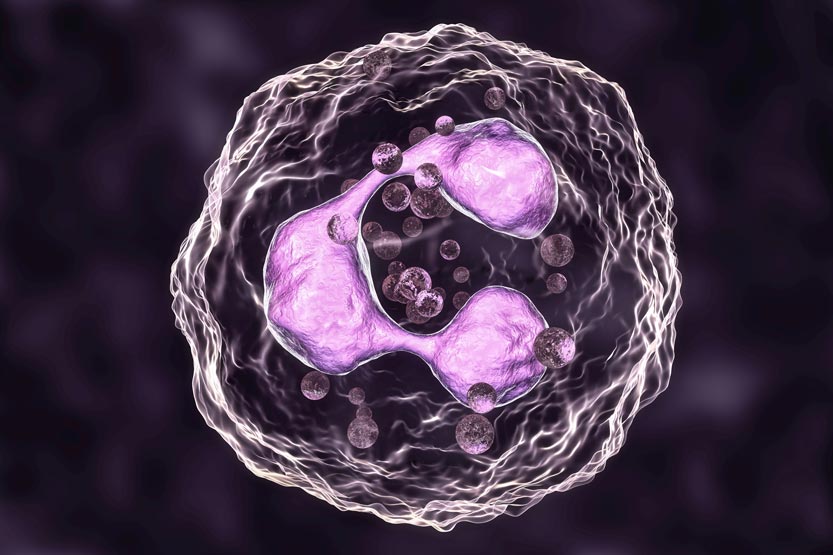
ASX improves neutrophil phagocytic and microbicidal capacity, and increases the intracellular calcium concentration and nitric oxide production. Both functional parameters were accompanied by a decrease in superoxide anion and hydrogen peroxide and IL-6 and TNF-α production. Oxidative damages in lipids and proteins were significantly decreased after ASX treatment.

A prospective cohort, noncomparative, multicenter trial was conducted to explore the potential of a phytotherapeutic compound, available as a dietary supplement and containing extracts of Bacopa monnieri and Haematococcus pluvialis (ASX) plus phosphatidylserine and vitamin E, in improving cognition in subjects diagnosed with mild cognitive impairment.

ASX, a carotenoid without vitamin A activity, has shown anti-oxidant and anti-inflammatory activities. This study examined in vitro and in vivo the regulatory function of ASX on production of nitric oxide and prostaglandin E2 as well as expression of inducible nitric oxide synthase, cyclooxygenase-2, tumor necrosis factor-alpha, and interleukin-1beta.

Results from human and model studies have shown that astaxanthin increases muscle endurance, lowers lactic acid and might prevent muscle atrophy in aging. The effects of astaxanthin on muscle are explained by its ability to protect membranes from oxidation and thereby enhance mitochondrial function and reduce inflammation and muscle damage.

Astaxanthin (ASX) derived from the microalgae Haematococcus pluvialis has showed improvements in skin wrinkle, age spot size, elasticity, skin texture, moisture content of corneocyte layer and corneocyte condition. Results of this study suggest that natural ASX derived from H. pluvialis may improve the skin condition in not only in women but also in men.

We evaluated the effects of astaxanthin, on accommodation, critical flicker fusion, and pattern visual evoked potential in visual display terminal workers. Findings of the present study indicated that accommodation amplitude improved after astaxanthin supplementation in visual terminal workers.

In this paper, the authors investigated the role of ASX in sports nutrition. They analysed the existing literature on ASX’s ability to increase strength and endurance, and then examined its antioxidant and anti-inflammatory properties and discussed how these properties can benefit athletes.

NDA Panel assessed the safety of the novel ASX-rich ingredient derived from microalgae Haematococcus pluvialis. The Panel concludes that an intake of 8 mg ASX per day from food supplements is safe for adults even in combination with the high exposure estimate to ASX from the background diet.

This study evaluated the effect of natural ASX on visual function of 49 healthy volunteers, over 40 years of age. They were divided into 4 groups matched for age and gender. Each group was given peroral ASX once a day. Results were tested after ingestion of ASX for consecutive 28 days.

This study presents the long term effects of the oral ingestion of liquid preparations containing ASX, Vitamin C & Vitamin E on anti-aging and functional improvements of human facial skin. Supplementation of ASX has significant anti-aging and functional improvements of the skin.

The purpose of the study was to examine the effects of astaxanthin (ASX) on paraoxonase (PON1) activities, oxidative stress status in soccer players and the oxidative stress biomarkers. Forty soccer players were randomly assigned in a double-blind fashion to ASX and placebo group.

Severe fatigue can negatively affect quality of life, and oxidative stress may play a role in its mechanism. The aim of this study was to evaluate the effect of dietary supplementation of ASX and sesamin, strong food-derived antioxidants, on fatigue.
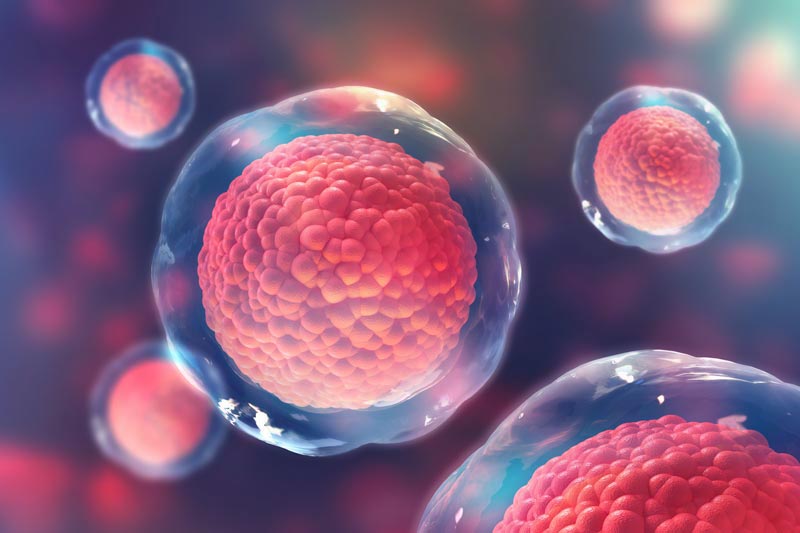
The rate constant of quenching of singlet oxygen by squalene is found to be much larger than those of the lipids in human skin surface. Squalene is the first target lipid in human skin surface by oxidative stresses such as sun light exposure.

A systematic review of the literature was performed to identify relevant studies about squalene and cardio vascular disease . A comprehensive search in Medline and Scopus for relevant studies published between the years 1946 and 2019 was performed.

The cosmetic effect on the skin of dietary supplements containing natural astaxanthin and tocotrienol was demonstrated in a double blind clinical study. Despite the harsh environmental condition of winter and the administration limited to oral dietary supplements, there was achieved a noticeable improvement to skin condition with the oral administration of a dietary supplements containing ASX and tocotrienol.

The advances of information technology, software and electronics have led to the widespread use of screen based equipment or visual display terminals especially at work or leisure. VDT’s are important because it forms the essential interface between an operator and computer to perform tasks. The problem acknowledged by the ophthalmic community is that habitual users of VDTs often lead to higher visual fatigue complaints.
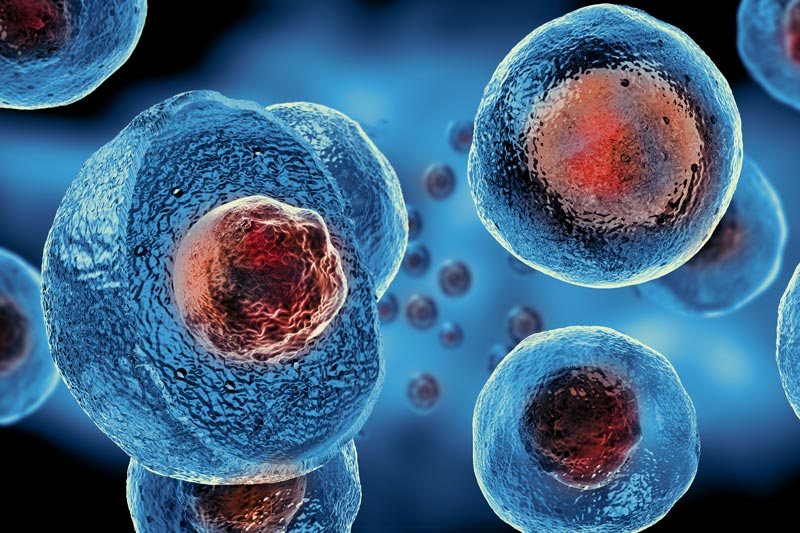
ASX, a carotenoid without provitamin A activity, enhances murine T-helper (Th) cell clone-mediated antibody (Ab) production with suboptimal antigen (Ag) challenges. It also suppresses interferon-gamma (IFN-gamma) production by cloned murine Th1 cells. Beta-Carotene is less effective than ASX. This study evaluates the effects of various carotenoids with various relative polarity, provitamin A activity, and antioxidant activity.

The purpose of the present communication is to describe briefly a a new reticuloendothelial system stimulating agent composed of lipid derived from shark livers.

Supplementing with dietary ASX combined with collagen hydrolysate improves facial elasticity and decreases matrix metalloproteinase-1 and -12 expression.

This is a summary of an article which appeared in The South African Journal of Natural Medicine 2007, 33, p106-112. Squalene – antioxidant of the future?
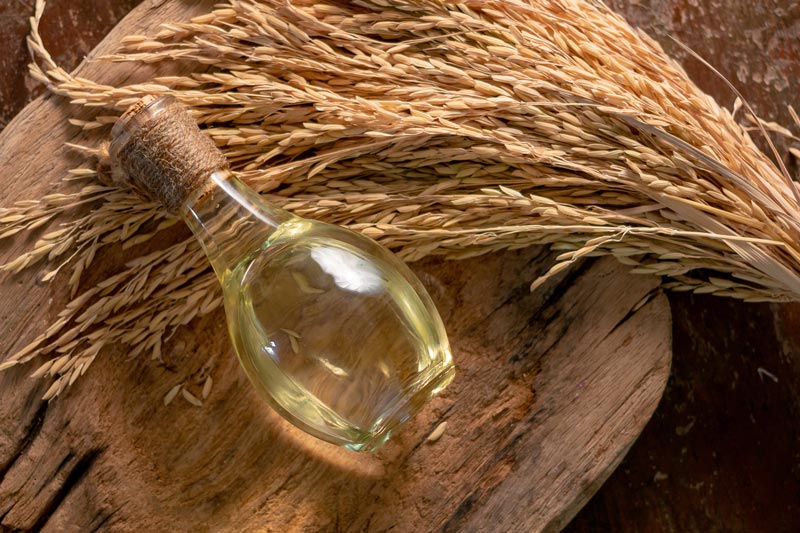
This study tested the hypothesis that treatment with alpha-tocopherol would reduce risks of myocardial infarction and cardiovascular death in patients with established ischaemic heart disease.
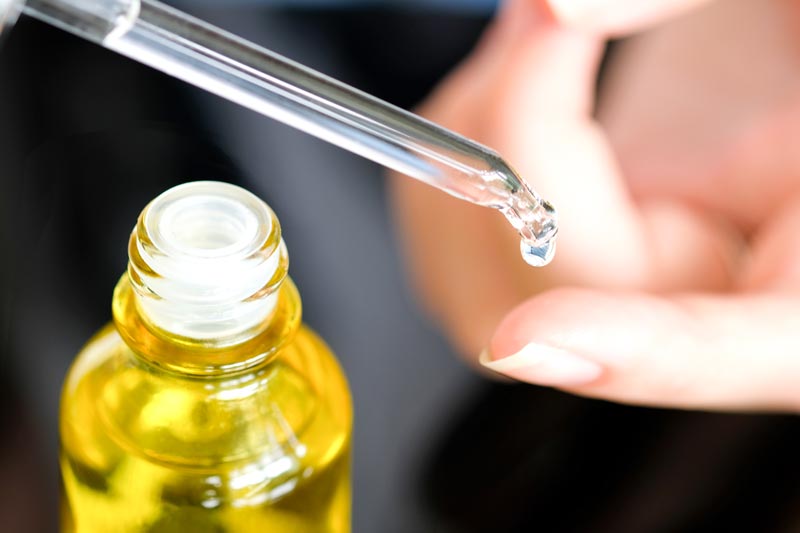
Vitamin E is the major lipid-soluble component in the cell antioxidant defence system and is exclusively obtained from the diet. It has numerous important roles within the body because of its antioxidant activity.
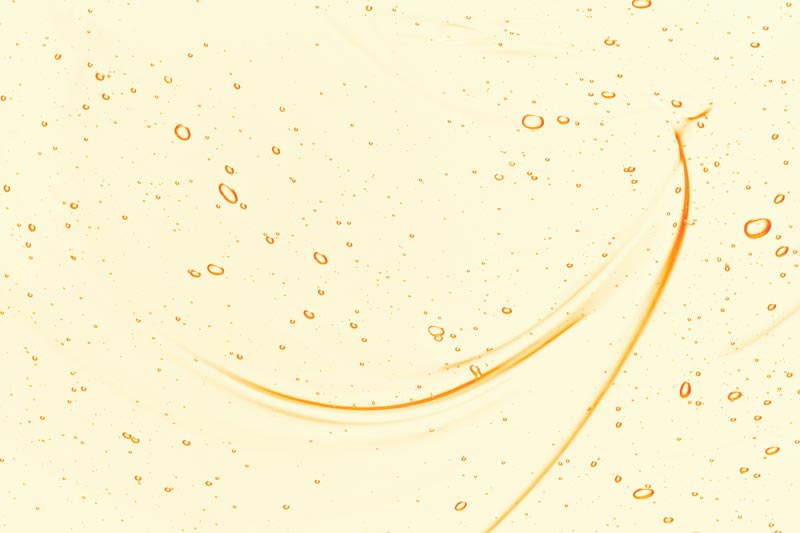
Interest in the antioxidant vitamin E as a possible protective nutrient against coronary disease has intensified with the recognition that oxidized low-density lipoprotein may be involved in atherogenesis.

The purpose of the current study was to examine the effect of astaxanthin (ASX) supplementation on muscle enzymes as indirect markers of muscle damage, oxidative stress markers and antioxidant response in elite young soccer players.

The chain reaction of lipid peroxidation is unlikely to be propagated with squalene in human skin surface. Squalene functions as an efficient quencher of singlet oxygen and prevents the corresponding part of lipid peroxidation in human skin surface.

The liver oils from the deep-sea sharks Somniosus pacificus, Centroscymnus plunketi, Centroscymnus crepidater, Etmopterus granulosus, Deania calcea and Centrophorus scalpratus were analysed to describe their lipid, fatty acid and squalene compositions.
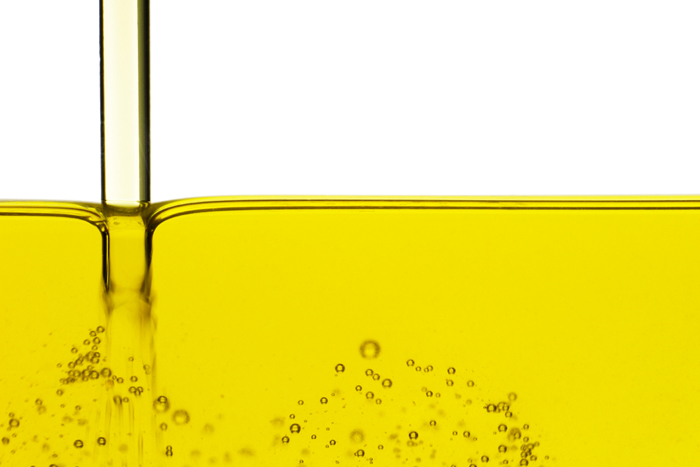
Growing interest has been focused on squalene’s antioxidant properties, derived from its chemical structure. Strong evidence provided by ex vivo models underline its scavenging activity towards free radicals, whereas only a few studies have highlighted its effect in cellular models of oxidative stress.

There is a large amount of literature suggesting a wide range of health benefits associated with diets high in seafood. The global demand now exceeds that available from capture fisheries. The health benefits of seafood consumption have primarily been associated with protective effects against cardiovascular diseases (CVD).
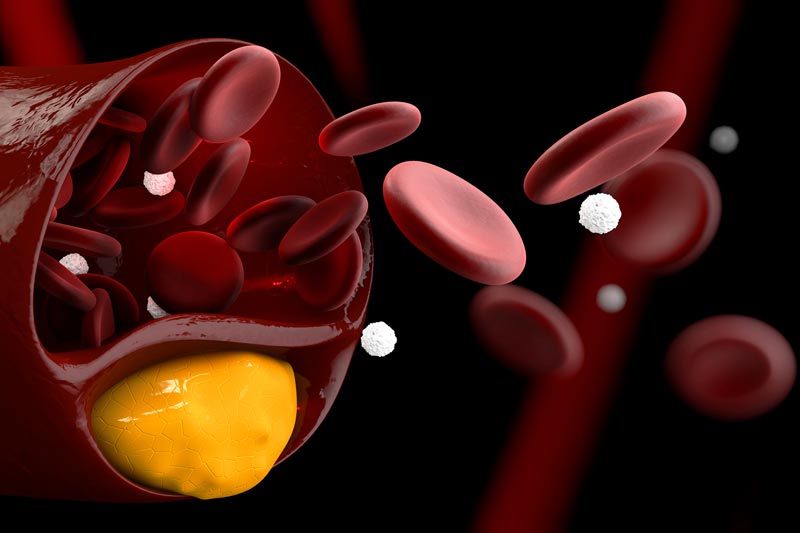
Low levels of alpha tocopherol have been associated with increased risk for coronary artery disease and increased intake has been shown to be protective. Data support a proatherogenic role for oxidized LDL in atherosclerosis and several studies show that alpha tocopherol decreases the susceptibility of LDL to oxidation.

The objective of this study was to investigate the protective effects of oral supplementation with carotenoids and a combination of carotenoids and vitamin E against the development of erythema in humans.

ASX is a promising compound in the field of dermatology. ASX inhibits collagenases, MMP activity, inflammatory mediators, and ROS induction, resulting in potent anti-wrinkle and antioxidant effects.

Squalene, an isoprenoid compound structurally similar to beta-carotene, is an intermediate metabolite in the synthesis of cholesterol. In this research, Squalene and its potential clinical uses are reviewed
Disclaimer: The information contained on this webpage, including but not limited to scientific publications and other linked material, is for educational purposes only and is designed to share scientific information on raw ingredients. The information is not intended to be a substitute for medical advice, care, diagnosis or treatment. HEBE Life is not responsible for content published by third parties. Nothing on this website is to be construed as the making of claims regarding the use of any finished product.
The statements on this website have not been evaluated by the Food and Drug Administration. These products are not intended to diagnose, treat, cure or prevent any disease.
Copyright © 2023 Hebe Life LLC. All rights reserved
